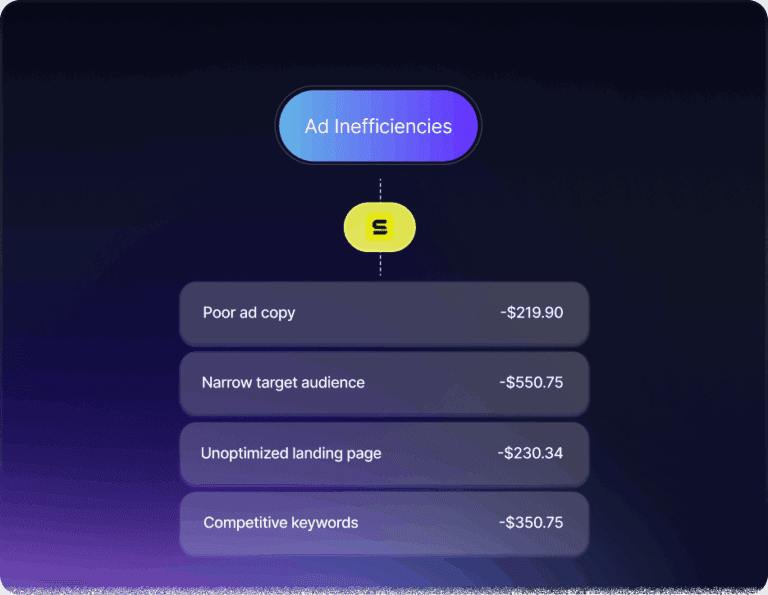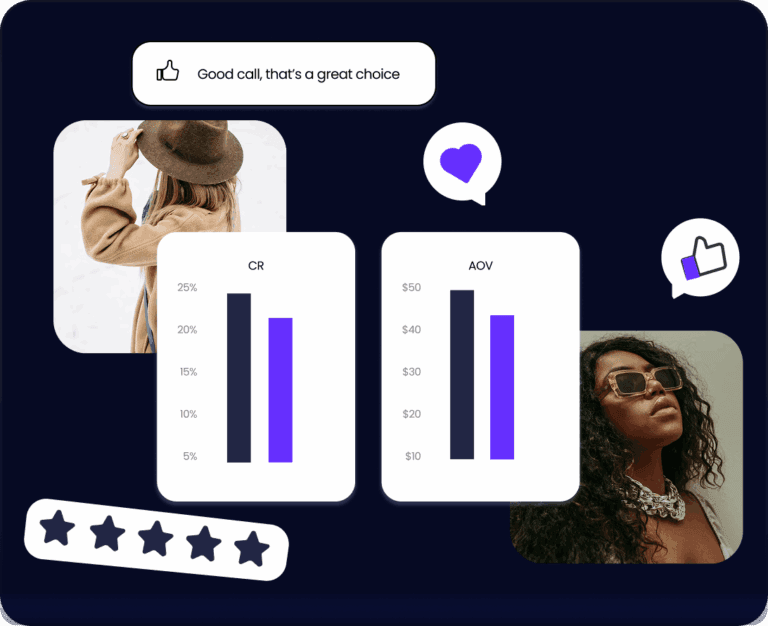behamics Conducts the World’s Largest Experiment on Product Returns for the Second Time.
The new edition of our study “The Psychology of Returns” by behamics in collaboration with elaboratum and the University of St. Gallen shows in a practical and scientifically sound way how behavioral economic approaches (Nudging) can be used to minimize the product return rate – without restrictive measures or financial incentives.
In our study, we tested targeted nudge interventions developed by our team of behavioral scientists at behamics together with the University of St. Gallen (HSG).
There is no comparable dataset with real behavioral data on returns.
The world’s largest returns experiment with over 220,000 customers from eight European countries delivers impressive results: psychological interventions such as loss aversion, social norm and illusion of control positively influence purchasing and returns behavior. This leads to a win-win-win situation: retailers benefit from lower costs, customers benefit from higher satisfaction, and the environment benefits from fewer returns.
Key insights:
👎 Generic sustainability messages INCREASE the return rate. So they are worse than doing nothing at all.
👍 By contrast, clever behavioral economic messages reduce returns by up to 7%. This corresponds to a potential of millions of returns that can be avoided in this way.
👍 Even “silent” nudges, such as intelligent sorting of items in the shopping cart based on their predicted return probability, as well as intelligent forwarding at predicted checkout desire to reduce friction and distraction in the buying process, can significantly reduce the return rate.
🚀 Returns optimization is not a business killer, but a business lever! Conversion rate and net revenue each increase significantly by over 10%, sometimes by over 30%.
The white paper “The Psychology of Returns” provides you with exclusive insights into returns management and practical recommendations for action. Reduce the number of returns and increase your success.


